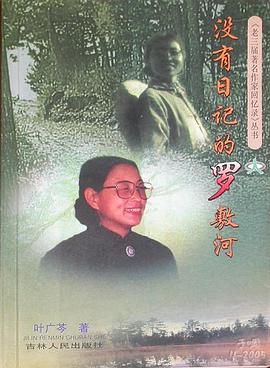Women and National Trauma in Late Imperial Chinese Literature
内容简介
The Ming–Qing dynastic transition in seventeenth-century China was an epochal event that reverberated in Qing writings and beyond; political disorder was bound up with vibrant literary and cultural production. Women and National Trauma in Late Imperial Chinese Literature focuses on the discursive and imaginative space commanded by women. Encompassing writings by women and by men writing in a feminine voice or assuming a female identity, as well as writings that turn women into a signifier through which authors convey their lamentation, nostalgia, or moral questions for the fallen Ming, the book delves into the mentality of those who remembered or reflected on the dynastic transition, as well as those who reinvented its significance in later periods. It shows how history and literature intersect, how conceptions of gender mediate the experience and expression of political disorder.
Why and how are variations on themes related to gender boundaries, female virtues, vices, agency, and ethical dilemmas used to allegorize national destiny? In pursuing answers to these questions, Wai-yee Li explores how this multivalent presence of women in different genres provides a window into the emotional and psychological turmoil of the Ming-Qing transition and of subsequent moments of national trauma.
......(更多)
作者简介
Wai-yee Li is Professor of Chinese Literature at Harvard University.
......(更多)
目录
......(更多)
读书文摘
雖然男女之情的政治寓意習用於中國文學傅統之中,但如女詩人涉筆男女之情,讀者往往認定是實寫。比方說,追慕神女是求取「哲王」或追求政治理想,書寫棄婦是寄託不遇或政治失意——這種解讀只會應用於男性文人的詩詞之上。如女詩人寫被棄捐或被冷落的哀怨,讀者大概會把作品讀成詩人實際的遭遇和心境。
......(更多)






